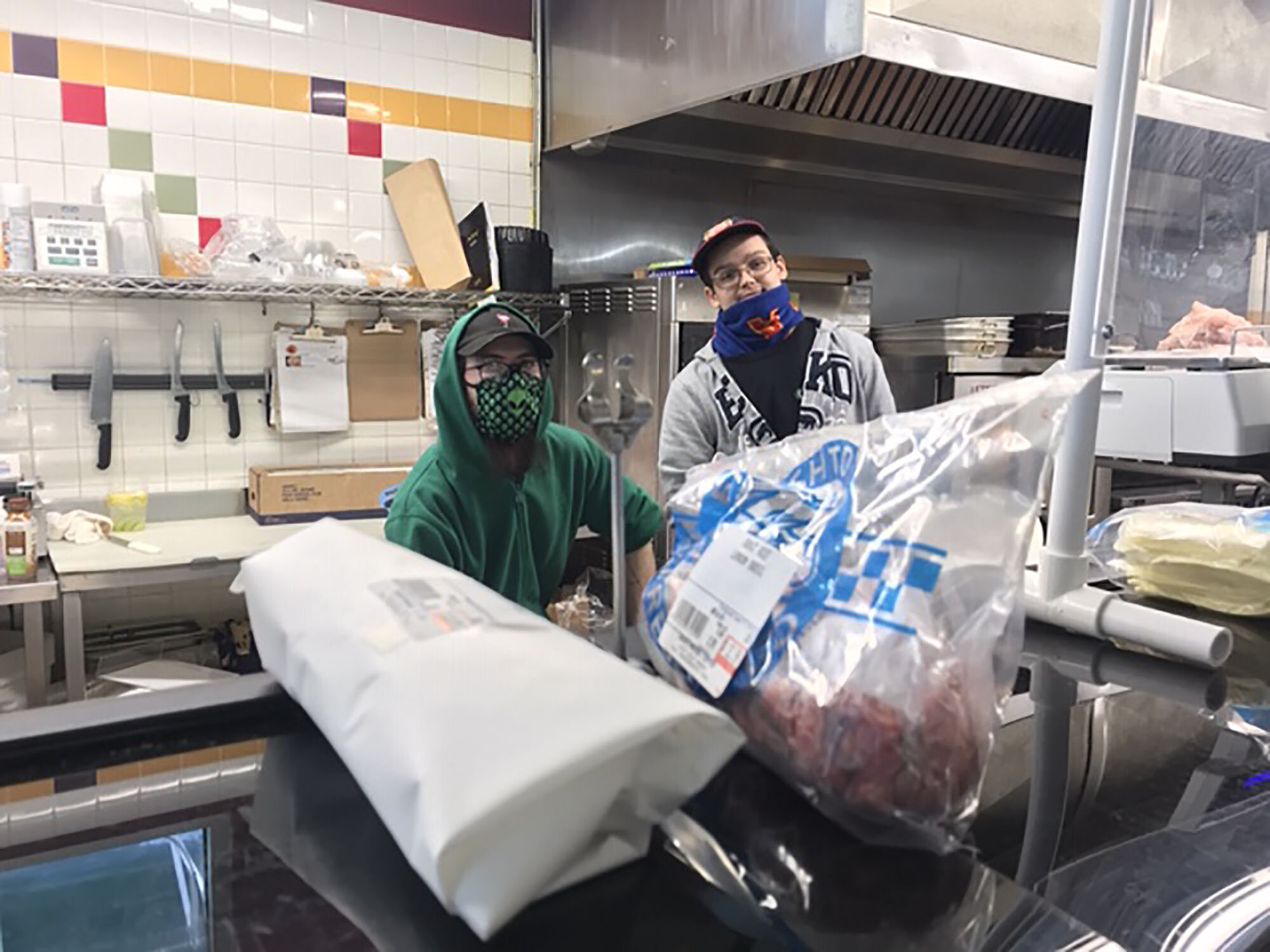Lights, camera, action at the Co-op
To the Editor,
I confess: While the Swarthmore Co-op is my number-one, go-to place for the basics, I am an equal-opportunity shopper. My rationale: Some stores have products that others do not. Since mid-March, when life as we knew it changed, my shopping habits have proved educational and entertaining.
While the experts spoke of mitigating, social distancing, and flattening the curve, the Co-op was ahead of the curve among all the places I shop. It was the first and most efficient at creating a system to limit the number of customers in the store at any given time. It allowed for self-monitoring: Enter after taking a yellow laminated card. It was the first to use blue tape to direct the flow of foot traffic, and the only to post signs (made locally and in-house) to guide customers to their destinations; the first to limit to one both the number of entrances and exits. It was the first to change its hours to allow for the significant increase in requests for home deliveries. But the “first and only” to end all happened the day I stood at the front of the queue, after I heard the words, “I can help you.”
I stepped forward and felt as though I had stepped back in time, into a scene from a Wild West saloon. When I moseyed up to the bar, I saw two bandanna-mask-wearing bandits on the other side of the counter. Holly Hutton and her accomplice, Julian Cairns, like Jake and Elwood from “The Blues Brothers,” were “on a mission from God” and would not be deterred. They wanted my cash. In fact, they were so focused and so eager that they forgot to say an important line, “Stick ‘em up!” and the stage manager (general manager Mike Litka) forgot two important props — a player piano and spurs. The bandits succeeded in accomplishing their mission, and I exited the scene (stage right) with my groceries and funny bone intact.
I arrived home even more grateful for the Co-op — the place (“anyone can shop, anyone can join”), the products (chosen to accommodate a wide variety of needs and preferences), the people (characters) who work (perform) there. While governors, in light of the pandemic, deem some businesses necessary, the Swarthmore Co-op has always been “essential,” and open to all who find their way to the corner of Dartmouth and Lincoln.
THE END.
Carmen Bruce
Swarthmore



